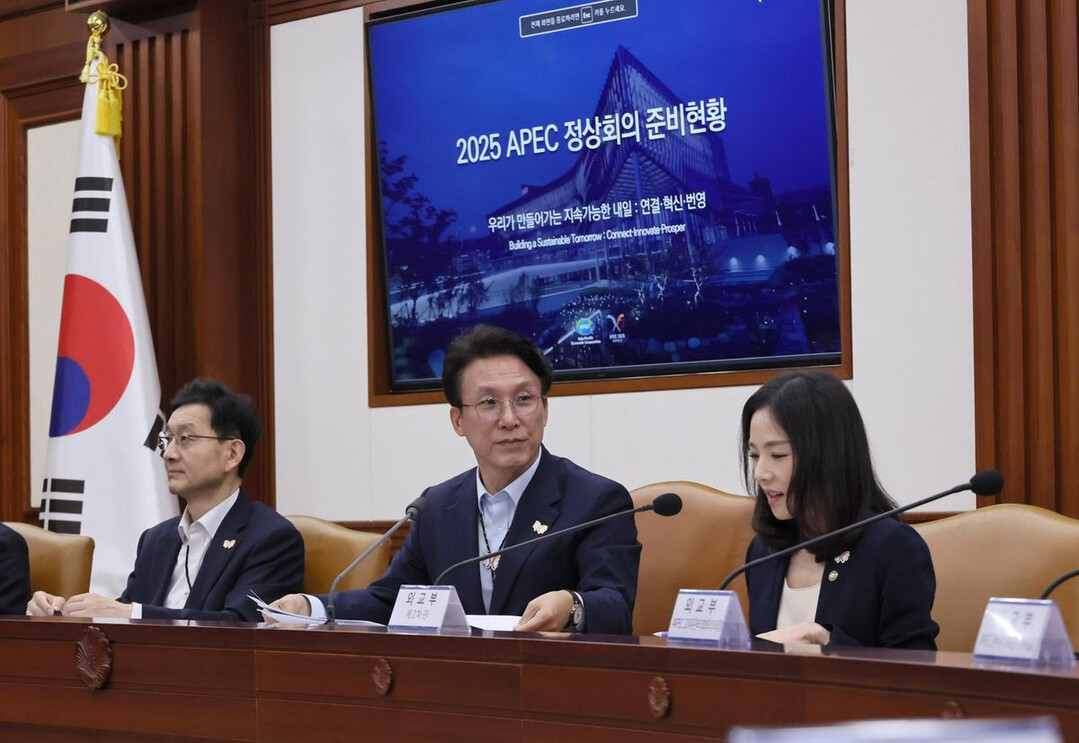
SEOUL—As the ancient city of Gyeongju prepares to host the 2025 APEC Economic Leaders' Meeting in late October, a curious development in Seoul has shifted the spotlight to the nation’s capital. The Seoul Shilla Hotel, a long-favored venue for state visitors, has begun notifying clients with wedding reservations in early November that their events must be rescheduled, citing an unspecified "national event." While the hotel has remained tight-lipped about the details, the move has ignited widespread speculation across political and business circles that Seoul is set to host the most significant side events of the APEC summit: a series of high-stakes bilateral meetings, including a potential face-to-face summit between U.S. President Donald Trump and Chinese President Xi Jinping.
The official APEC summit, which brings together the leaders of 21 member economies, is scheduled to take place in Gyeongju from October 31 to November 1. The city has been preparing for the event for months, with a multi-million dollar renovation of the Hwabaek Convention Center (HICO), construction of a new international media center, and top-tier security preparations. However, the logistical and security demands of hosting simultaneous, high-level bilateral meetings involving global superpowers have led to the belief that these critical discussions will be relocated to Seoul, which offers more robust infrastructure and security capabilities.
The primary focus of this speculation is a potential meeting between President Trump and President Xi. Should it happen, it would be the first time the two leaders have met in person since the G20 summit in Osaka in June 2019. The six-year gap underscores the immense significance of such an encounter, particularly at a time of heightened geopolitical tension between the two nations. The South Korean government, which has long sought to position itself as a "global pivotal state," sees this as a rare opportunity to showcase its diplomatic prowess and play a central role in facilitating a dialogue between the world’s two largest economies.
Hotel industry insiders and government officials, speaking on condition of anonymity, suggest that the leaders' well-known preferences for specific hotels in Seoul further support the theory. President Xi Jinping, during his last visit to South Korea in 2014, stayed at the Shilla Hotel. This history, combined with the hotel’s recent actions, points to it being the likely venue for a potential China-related bilateral meeting. In contrast, President Trump has a documented preference for the Grand Hyatt Seoul, where he stayed during his visits in November 2017 and June 2019. This pattern suggests that separate U.S.-ROK and China-ROK summits, as well as the potential Trump-Xi meeting, could be meticulously choreographed across different secure locations in the capital.
The South Korean government is reportedly working on securing these meetings as part of a broader diplomatic effort to elevate its standing on the world stage. Hosting a successful APEC summit, which brings together over 20,000 participants including heads of state, business leaders, and media, is a major undertaking. By also hosting these crucial side meetings in Seoul, the government can leverage the event to demonstrate its capacity for complex, high-stakes diplomacy. The move to shift the bilateral talks to Seoul would not only ensure maximum security and privacy for the leaders but also allow Gyeongju to focus on the multilateral aspects of the summit, including the main plenary sessions and cultural events designed to showcase the city's rich heritage.
For the couples whose wedding plans have been disrupted, the hotel is reportedly offering individual compensation packages. While the inconvenience is significant, the scale of the event—and the global diplomatic implications—underscore the gravity of the situation. As Gyeongju finalizes its preparations, all eyes are now turning to Seoul, where the most significant geopolitical discussions of the summit may very well unfold. The APEC summit of 2025 is shaping up to be a unique dual-city event, with Gyeongju serving as the ceremonial host and Seoul functioning as the de facto diplomatic command center. This arrangement promises to make the summit a defining moment in Korea's recent diplomatic history, reinforcing its role as a critical bridge between major global powers.
[Copyright (c) Global Economic Times. All Rights Reserved.]




























